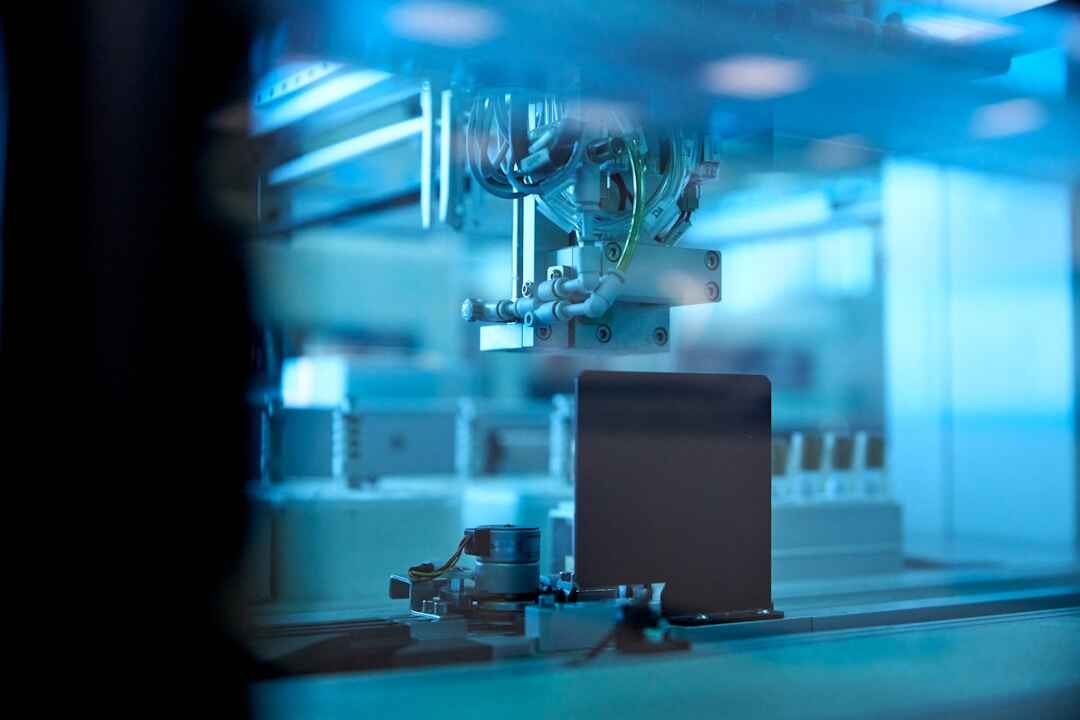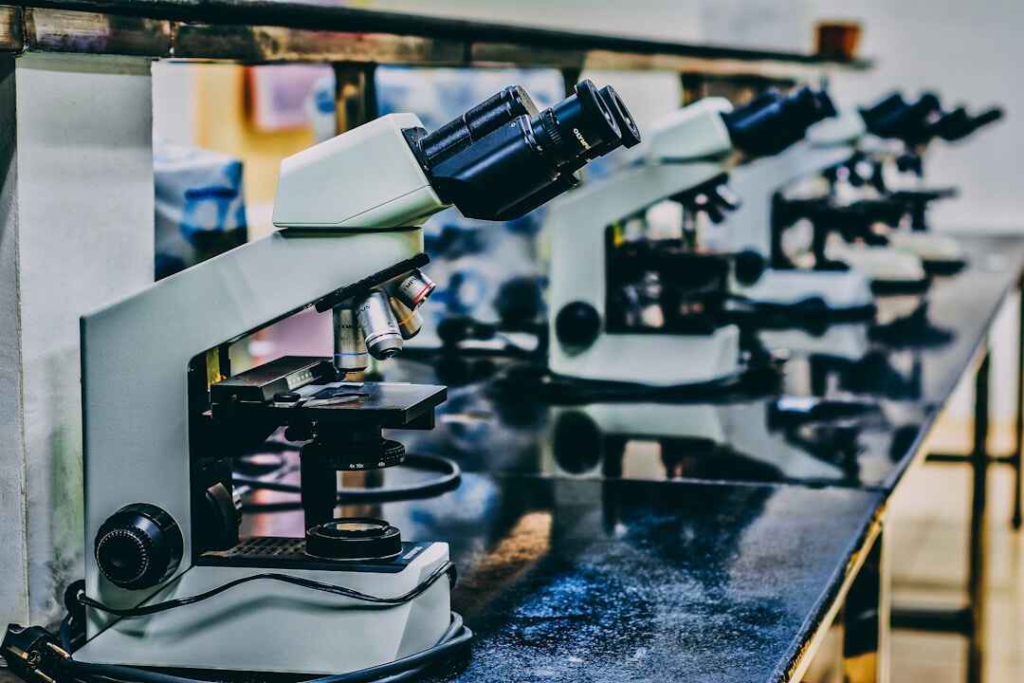Best Online MBA Programs: Rankings, Costs, Value & Placement for 2026
- January 6, 2026
- Education
TL;DR
- Online MBAs from UGC-approved Indian universities are valid and increasingly accepted in 2026.
- Popular options include NMIMS… Read More

The healthcare sector has witnessed unprecedented growth, particularly in the realm of diagnostic science and laboratory operations. With this expansion, there’s a significant rise in the need for skilled professionals holding a Master of Science in Medical Laboratory Science Leadership degree. This advanced credential opens a myriad of opportunities, enabling specialists to take on leadership roles and drive innovation in healthcare. Degree holders can make remarkable contributions to lab management, research, public health, and education. If you’re considering furthering your education in this field, you’re positioning yourself for an influential and fulfilling career path. Below, we explore the vast potential and the promising futures that await those armed with this degree.
The quest for career progression often leads medical laboratory scientists to consider specialized graduate education. A master’s degree in laboratory science leadership uniquely equips professionals with advanced skills in laboratory operations, management, and strategic oversight. With this qualification, individuals prepare themselves for upward mobility, stepping into roles that offer greater responsibilities and the chance to implement impactful changes.
Professionals with a Master’s in Medical Laboratory Science Leadership are well-positioned to become supervisors, lead researchers, and laboratory managers. They gain the expertise needed to oversee complex projects, manage multidisciplinary teams, and contribute to advancements in laboratory methods and patient care. Such leadership roles are critical in ensuring that laboratories operate at their peak efficiency, maintaining high standards in an increasingly complex medical landscape.
Moreover, the training received through a medical laboratory scientist masters program enables graduates to bring a strategic perspective to the table. They can provide direction on regulatory compliance, quality control, and safety programs, ensuring laboratories adhere to strict industry standards. This broadened scope of influence extends into financial management and resource allocation, optimizing lab operations to support healthcare delivery.
As the field of medical laboratory science expands, so does the demand for skilled managers to oversee the operations of these critical facilities. A master’s degree in the specialty offers detailed insights into the administrative aspects of lab work, meeting this increased need head-on. With the mounting pressure on healthcare systems to deliver accurate and timely results, laboratory management has become more sophisticated and demanding.
Those stepping into managerial roles must possess not only a thorough understanding of the scientific principles underlying laboratory tests but also the business acumen required to run these departments effectively. They must navigate logistical challenges, such as supply chain management, while ensuring that their team maintains the highest standards of accuracy and efficiency.
In their leadership capacity, these professionals are responsible for setting goals, implementing new policies, and fostering a culture of continuous improvement. They become key figures in maintaining laboratory accreditations and certifications, which are fundamental to the credibility and reliability of any healthcare facility’s laboratory services.

The significance of a master’s in Medical Laboratory Science Leadership is not limited to the confines of the lab. Graduates can extend their expertise to the wider field of public health, impacting policy and contributing to community well-being. They become voices of authority on matters relating to diagnostic science, disease surveillance, and epidemic response.
With a combination of scientific knowledge and leadership training, these professionals can take on consultation roles, advising governmental bodies or international health organizations. Such contributions are especially critical during health crises, where evidence-based decisions can have far-reaching consequences. Their input can influence public health strategies, vaccination programs, and screening initiatives.
Advanced degrees also present the opportunity to nurture future generations in the field of medical laboratory science. A master’s in Medical Laboratory Science Leadership is an excellent segue into academia, where professionals can teach at colleges and universities, shaping the curriculum and imparting critical knowledge and skills to students.
Teaching is an avenue where these leaders can make a lasting impact, instilling best practices and fostering an ethos of professionalism among aspiring medical laboratory scientists. They become role models, inspiring students with their experience and passion for the field. Such mentorship roles are crucial in maintaining the high calibre of laboratory services expected in modern healthcare settings.
Altogether, the myriad pathways available to those wielding a Master of Science in Medical Laboratory Science Leadership degree attest to the degree’s value. Combining in-depth scientific expertise with nuanced leadership skills, graduates set themselves up for success in various spheres of influence within and beyond the healthcare environment. Overall, there seems to be no limit to the positive impact these leaders can make on individual patients, institutions, and public health at large.